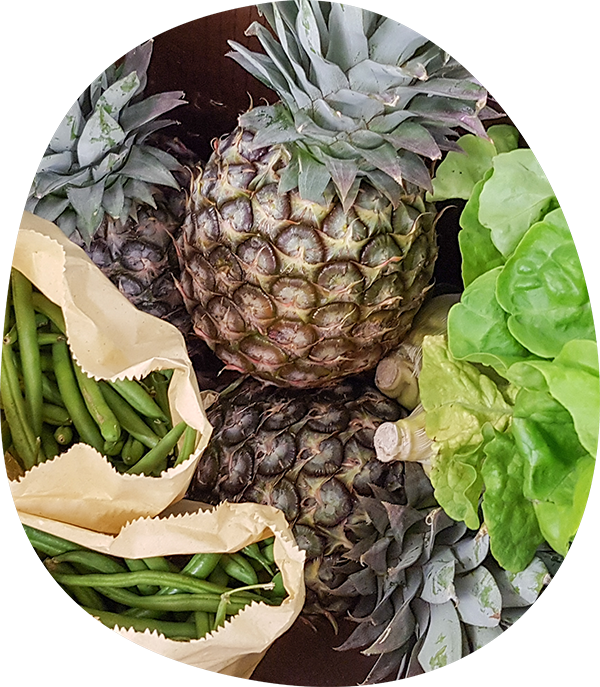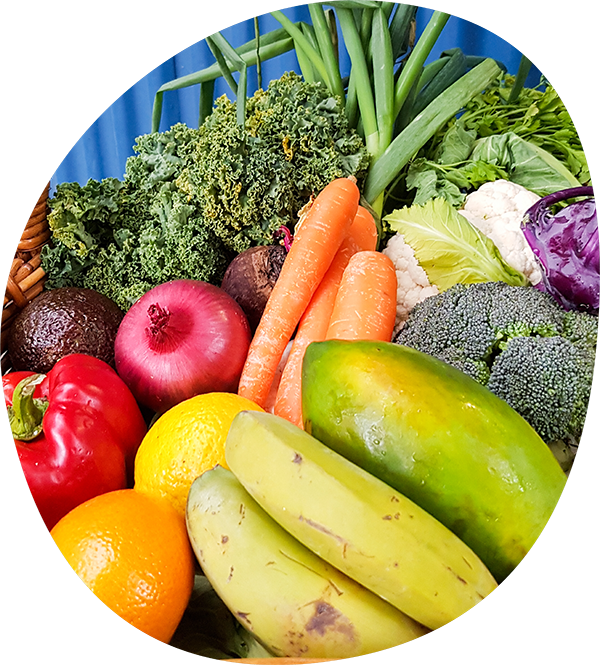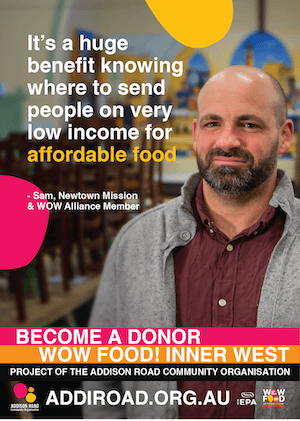Food rescue
The most significant climate action each of us can take is: to stop food going into landfill.
Here in Sydney, people are hungry while thousands of kilos of good food is thrown out every day.
At Addi Road we rescue food and fight hunger and make good food accessible to people experiencing food insecurity.
Diverting good food from landfill
The food we rescue is made available to some of the most vulnerable people in our community at our Addi Road Food Pantry and Food Relief Hub. This includes people experiencing homelessness and unemployment, single-parents, students, those on low incomes and others who find themselves struggling to put enough food on the table.
Every week we rescue a whopping 8 tonnes of food!
The War on Waste (WOW!) Food Inner West initiative is supported by NSW EPA.

Food Rescue Alliance
We collaborate the many community service organisations across the Sydney who provide daily food relief for their communities.
The Inner West Food Rescue Alliance, set up by Addi Road, determines ways that we can all work together to recover more surplus food, share equipment and resources and reach more people in need.

$20 billion of food wasted every year
Each year 3.6 million Australians (15%) experienced food insecurity. As a nation we waste $20 billion worth of food annually.
Food insecurity can negatively impact children in both the short and long term — their academic ability and health issues such as obesity, diabetes and heart disease. The most affected are First Nations people (24%); unemployed people (23%); single parent households (23%); and low-income earners (20%).
A Project Evaluation and Food Donor Study of Addi Road’s War on Waste (WOW!) Food Inner West project can be viewed and downloaded from our Governance and Reports Page
Protecting food donors
The liability of individuals and businesses that donate food is protected by the Civil Liability Amendment (Food Donations) Act 2005, known as the Good Samaritan Act, as long as they meet certain food safety conditions:
- The food is donated in good faith for a charitable or benevolent purpose
- The food is safe to eat when it leaves the possession or control of the donor
- The donor gives the charity any information it needs to ensure the ongoing safety of the food




